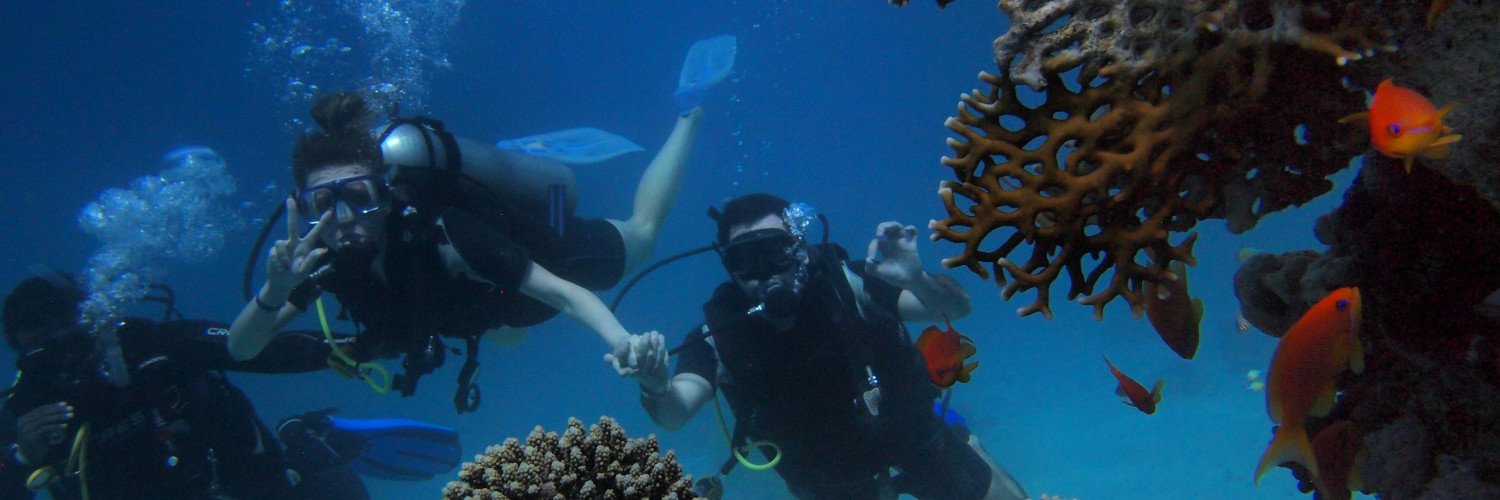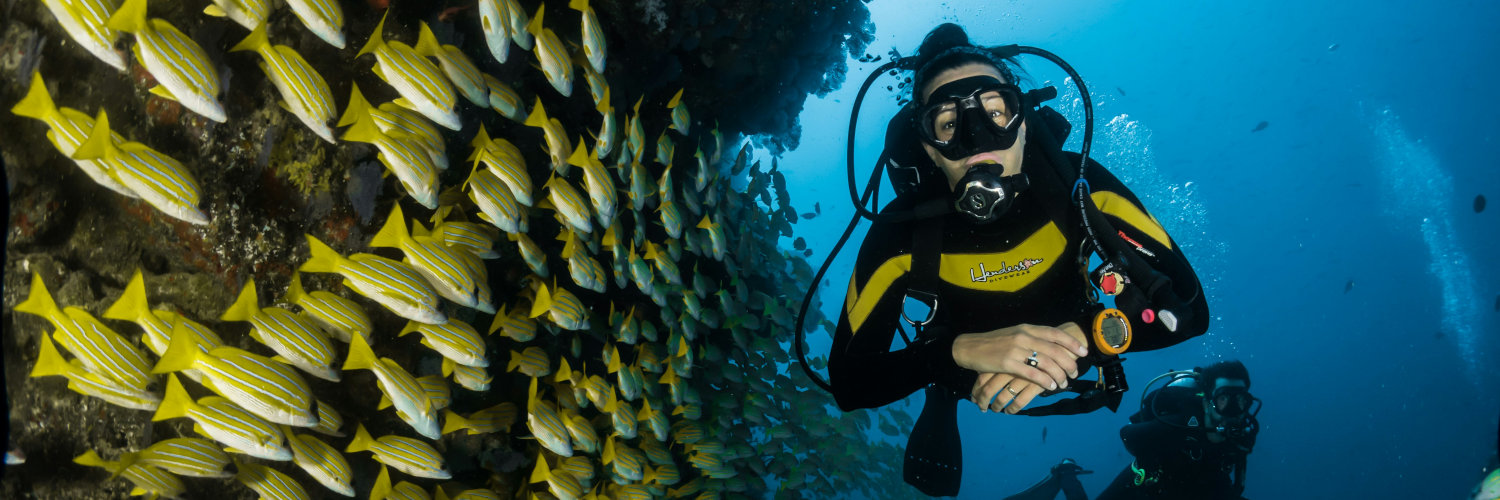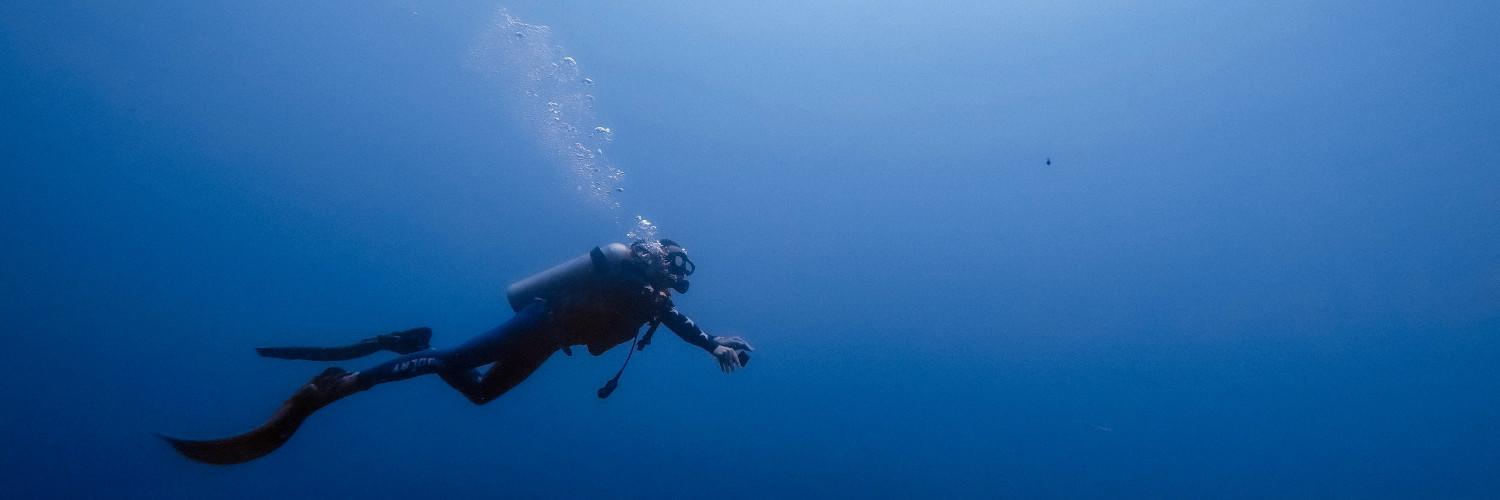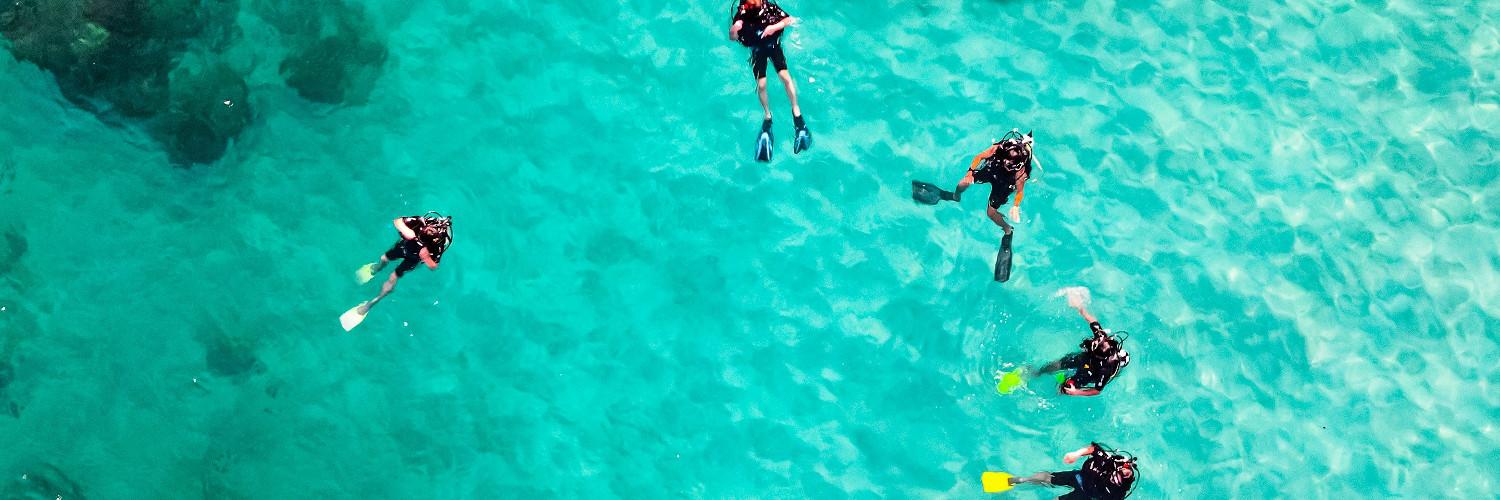Does Scuba Diving Increase Blood Pressure? Understanding the Effects Underwater
Scuba diving is an activity that exposes the body to various physical and physiological challenges, one of which is the effect on blood pressure. The underwater environment increases pressure around the body, which in turn compresses blood vessels. This condition requires the heart to pump more vigorously to ensure adequate blood flow throughout the body. While the body has mechanisms to adapt to these changes, individuals with high blood pressure should be cautious, as their condition could be exacerbated by the added external pressure.
Research indicates that a significant number of recreational scuba divers deal with hypertension, a condition characterized by high blood pressure, and may even use medication to manage it. The impact of scuba diving on an individual with hypertension is a key consideration as it poses questions regarding the safety and health risks associated with diving. Generally accepted parameters consider a systolic pressure below 140 mm Hg and a diastolic pressure below 90 mm Hg as normal blood pressure levels; anything above these readings could signal an increased risk when diving.
It is therefore crucial for divers, particularly those with a history of high blood pressure or cardiovascular issues, to undergo thorough medical evaluation before participating in scuba diving. Understanding and mitigating the risks associated with diving can help ensure the safety of all divers, especially when managing conditions such as hypertension.
Understanding Blood Pressure and Scuba Diving
The discussion around blood pressure management is crucial when considering the unique environment that scuba diving presents. Specific physiological responses occur due to increased underwater pressure and immersion, which can influence both heart rate and blood flow.
The Effects of Immersion on Circulatory System
When a person is submerged in water, especially during a scuba diving session, their body experiences external pressure on the chest and abdomen. This external pressure pushes blood from the extremities into the chest area, leading to increased blood volume in the chest and heart. Immersion in water also causes the arteries to constrict, a response designed to counteract the movement of blood to the core of the body.
Consequently, this shift can elevate heart rate as the heart works harder to manage the increased volume of blood centrally. These changes in the circulatory system are important to consider because they can accentuate any pre-existing conditions affecting blood pressure.
Scuba Diving’s Impact on Blood Pressure
Scuba diving introduces the body to varying levels of current and pressure which affects blood flow. Underwater, the stress of adapting to the surrounding pressure causes the heart to pump more efficiently. However, this adaptation can result in an increase in blood pressure, particularly in those who may already have hypertension (high blood pressure).
For divers, the physical exertion required amidst these conditions is akin to a form of exercise. This increased physical activity, combined with the effects of pressure changes, can escalate cardiac workload and blood pressure levels. Dive medicine suggests that while mild and well-controlled hypertension is not an absolute contraindication to diving, it’s essential to understand these dynamics and manage blood pressure levels carefully to ensure safety while diving.
Health Considerations for Divers with Hypertension
Diving with hypertension requires careful management of blood pressure and awareness of how medications interact with the underwater environment to ensure safety.
Managing High Blood Pressure for Safe Diving
High blood pressure, or hypertension, increases the risk of cardiovascular diseases that can be further stressed by the underwater environment. It is crucial for divers to have a fitness to dive assessment from a doctor specializing in dive medicine. This assessment can determine if an individual’s hypertension poses a substantial risk during diving activities.
Before diving:
- Individuals with hypertension should engage in a regular cardiovascular workout regime to enhance overall cardiovascular health.
- Divers should closely monitor blood pressure to ensure it remains within safe limits, typically below 140/90 mm Hg.
- It is essential to avoid factors that can elevate blood pressure, such as cold water, heavy exertion, or dehydration.
Medications and Their Interactions with Diving
Medication prescribed for hypertension can interact with the challenges of a dive. Beta-blockers and diuretics, for example, are common medications that a diver with hypertension might use.
Beta-blockers:
- May not have noticeable side effects which can affect diving activities, but they need monitoring for any symptoms of bradycardia or fatigue that could impair safety underwater.
Diuretics:
- Can lead to dehydration, which is a concern during diving. Divers on diuretics should ensure they are adequately hydrated before a dive.
All medications taken by the diver should be disclosed during the medical evaluation process. This includes detailing potential side effects such as drowsiness or dizziness, which could compromise a diver’s ability to respond effectively underwater.
A diver currently on antihypertensive medication should have their condition and the medication reviewed frequently, with adjustments made as necessary in consultation with their healthcare provider to ensure ongoing fitness to dive.
Risks Associated with Scuba Diving and Blood Pressure Changes
Scuba diving can significantly affect cardiovascular health, particularly blood pressure, which may contribute to various health complications. Understanding these risks is crucial for divers, especially those with pre-existing health conditions.
Potential Cardiovascular Events from Diving
Scuba diving imposes increased physical demands that can affect the heart and the circulatory system. Immersion in water causes the body’s blood vessels to constrict, and the shift of fluids towards the chest can increase blood pressure. For individuals with hypertension or those taking antihypertensive drugs, these changes can contribute to the risk of potentially serious cardiovascular events, such as:
- Stroke: A sudden change in blood pressure during a dive may lead to cerebrovascular accidents in susceptible individuals.
- Heart attack: The strain on the heart from elevated blood pressure might precipitate a cardiac event in divers with coronary artery disease.
- Pulmonary edema: High blood pressure during diving increases the risk of fluid accumulation in the lungs, which can severely impact breathing.
Decompression Sickness and Blood Circulation Issues
Decompression sickness (DCS) arises when inert gases, primarily nitrogen, dissolve in body tissues and form bubbles due to rapid decreases in ambient pressure during ascent. High blood pressure can exacerbate the formation of these bubbles, which block blood flow and cause circulatory issues. Symptoms of DCS can range from mild pain to severe neurological and cardiac consequences, including stroke and heart attack. Divers with heart disease are particularly at risk, as conditions like coronary artery disease can impair the body’s ability to manage these bubbles. It’s essential for divers with cardiovascular conditions to closely manage their ascent rates and adhere to decompression guidelines to minimize these risks.
Preventive Measures and Safe Diving Practices
Within the realm of scuba diving, participants must be vigilant about their health to ensure a safe underwater experience. Adherence to a strict regimen of medical screenings and conscientious lifestyle choices are paramount.
Pre-Dive Medical Screening and Fitness Assessments
A thorough pre-dive medical screening is vital to detect any underlying conditions that may pose risks while diving. Divers Alert Network (DAN) suggests that individuals with hypertension should undergo an exercise stress test to determine their exercise capacity. Medical clearance from a healthcare professional, knowledgeable about diving medicine, confirms that the diver’s blood pressure is under control and within safe limits for diving.
Lifestyle Choices for a Healthy Diving Experience
To further reduce the risk of hypertension-related complications while diving, divers should engage in regular exercise and maintain a healthy diet. A balanced diet rich in fruits, vegetables, and whole grains, coupled with adequate hydration, supports cardiovascular health. Regular physical activity helps in managing weight, which in turn aids in maintaining stable blood pressure levels. It is essential that divers approach their underwater activities with a body that is well-prepared through healthy living habits.
By incorporating these preventive measures and safe diving practices, divers can help mitigate the risks associated with scuba diving and hypertension.
Diving Equipment and Technology for Blood Pressure Monitoring
The intersection of dive equipment technology and health monitoring has led to advancements that allow divers to keep track of their blood pressure underwater. These innovations aim to enhance diver safety by providing real-time data on a diver’s physiological state.
Advancements in Diving Gear
Modern diving gear has evolved to include features that help monitor a diver’s health. Wetsuits are now designed with integrated technology to record vital signs, including blood pressure. Manufacturers are leveraging materials and sensors that can withstand the pressure of deep water while providing accurate health metrics. For instance, some scuba gear now comes with smart dive computers equipped with heart rate and blood pressure monitors, offering divers real-time insights into their physical condition.
Monitoring Health Metrics While Diving
Continual monitoring of a diver’s health metrics, including blood pressure, is crucial. A diver’s watch or a dive computer with built-in sensors can measure these metrics in real-time. The data gathered is essential for preventing potential complications such as decompression sickness or heart strain.
- Exercise Stress Testing: Before engaging in scuba diving, divers often undergo exercise stress testing to ensure their cardiovascular system can handle the physical demands of diving.
- Smoking: Divers are advised against smoking, as it can adversely affect blood pressure and overall cardiovascular health.
Regular health monitoring supports divers in making informed decisions about depth and duration of dives, as well as indicating when it may be necessary to ascend to manage any potential health issues.
Using these technologies, divers can stay informed about their health status and enjoy their underwater adventures with increased safety and confidence.





